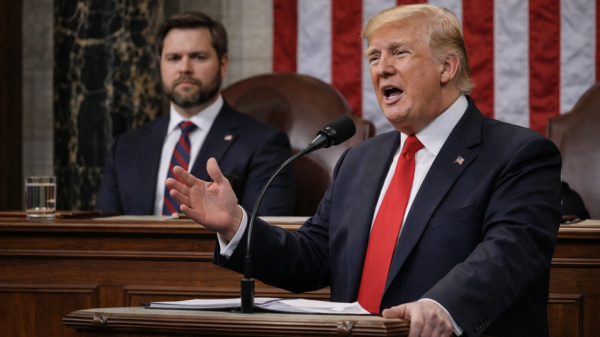Shell and other prominent energy groups have reportedly abandoned their six-year endeavor to establish a comprehensive net-zero emissions strategy, according to a Financial Times report on Tuesday,.
The decision to discontinue this ambitious initiative stems from the realisation that such a standard would necessitate a complete halt to the development of new oil and gas fields, a condition deemed unfeasible by these industry giants.
This withdrawal underscores the immense challenge and inherent tension faced by major energy companies as they navigate the transition to a lower-carbon future.
While many have publicly committed to net-zero targets, the practical implications of achieving these goals, particularly regarding ongoing fossil fuel exploration and production, appear to be a major point of contention.
The report suggests that the proposed net-zero standard, as envisioned by those pushing for stricter environmental benchmarks, would fundamentally redefine the core business model of these companies, forcing a radical shift away from their traditional operations.
Ongoing debate
The move by Shell and its peers highlighted the ongoing debate within the energy sector and among policymakers about the pace and feasibility of the energy transition.
It raises questions about the extent to which established energy companies are willing or able to divest from fossil fuels, even in the face of increasing pressure to address climate change.
The abandonment of this six-year effort suggests a significant hurdle in aligning corporate strategies with the more ambitious climate goals advocated by environmental groups and some governments.
Since late last year, Shell, Norway’s Aker BP, and Canada’s Enbridge have all withdrawn from the expert advisory group of the Science-Based Targets initiative, according to the FT report.
SBTi initiative
The Science-Based Targets initiative (SBTi) is a crucial organisation that evaluates corporate climate goals.
In March, the SBTi introduced new guidelines aimed at assisting companies in developing more robust and effective plans for reducing their emissions.
These proposed rules are designed to enhance the quality and ambition of corporate climate targets, ensuring they align with the latest climate science and contribute meaningfully to global decarbonization efforts.
The SBTi’s work is vital for driving corporate accountability and fostering a transition to a low-carbon economy.
As per draft standards reviewed by the FT, companies were required to cease developing new oil and gas fields upon submitting a climate plan or by the end of 2027, whichever came first. Consequently, these companies withdrew from the initiative.
Citing “capacity considerations,” the initiative has “paused” work on the oil and gas standard.
According to the report, the initiative denied any link between this pause and the departures of oil and gas industry members, calling such claims “no basis in reality.”
Shell informed the FT that its expert had withdrawn due to a draft standard that “did not reflect the industry view in any substantive way.”
Similarly, Aker BP told the newspaper it had departed the advisory panel, citing “limited” influence over the standard.
The post Shell leads exodus from net-zero standard over development restrictions appeared first on Invezz




































